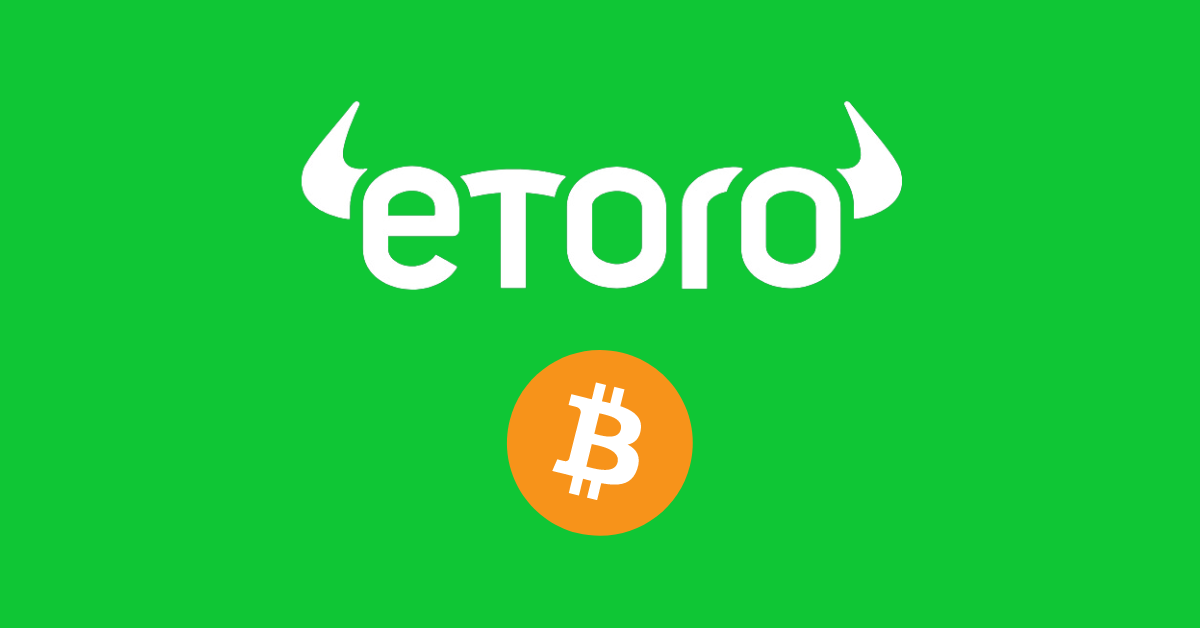Reputation management for fintech in Islamic finance | Salaam Gateway
Lawrence Oliver is director and deputy managing director of DDCAP GroupTM, and Ian Bernard is the group’s chief compliance officer.
In an ever-shrinking world where media runs 24/7, reputation has become an even more important cornerstone of business, perhaps nowhere more so than in the rapidly evolving Fintech sector that is and will increasingly underpin business activity within the Islamic financial industry. There is no clearer sign that reputational risk is becoming more significant than the recently published Wolfsberg Group guidance on Negative News Screening and how it has become a critical tool for client onboarding and due diligence processes. Negative news screening uses a range of public information, data and analytics to help determine the risk profile of a customer and to better understand and manage financial crime and other reputational risks posed by a business relationship.
There has been an increase in recent years in the scope of scrutiny of customers, service providers and business partners to ensure that these third parties through business engagement do not pose any undue reputational risk to financial market institutions, which have developed an increased sensitivity. to this type of risk.
A negative Google search does not always provide the necessary comfort – the dog that does not bark can cause as much concern as the one that makes the noise. Fintech firms can manage reputational risk and, for newer entrants, “lack of reputation” risk in several ways. Emerging firms may consider partnering with long-established firms that can offer layers of professionalism, robust and tested processes and years of industry experience that cannot be hard-coded. DDCAP GroupTM is one of the longest operating and most respected industry providers to the Islamic finance industry and with our ETHOS AFPTM platform we created a bridge that crosses the divide between traditional industry service providers and Fintech.
In recent years, DDCAP has found an increased demand for our services from new Fintech firms, and our experience shows that these partnerships can be rewarding on many levels. As our partners succeed, so do we, and as they build their individual businesses, we can offer them not only the benefits of DDCAP’s technology-based services and system solutions, but many others, available through our own partner integrations. In addition to bringing automated efficiency to our customers, our partnerships are rooted in our commitment to ensuring that best practices and governance protocols built into our services are also available to them.
Over the past few years, the world has had an awakening to the ESG agenda, and consequently conversations have become more active and urgent about how companies can intervene to improve a growing number of issues, especially in relation to “G” (governance). Again, such considerations have been central to building and developing our automated platform, ETHOS AFPTM, specifically to ensure the sustainability of our supply chain and the integrity of our inventory monitoring and allocation disciplines. Emerging firms can leverage their own ability to respond decisively and quickly to these issues by partnering with appropriately validated ESG-focused initiatives, whose services and actions align with their individual Shariah and responsible practices and can be shared with other participating firms practicing within our wider industry to create capacity and scale.
As an example of how valuable these partnerships can be, DDCAP’s engagement with emerging Fintech operating across our global network has refocused and increased our own awareness of the markets and cultures in which we work, as well as the laws and regulations to which these firms and we are bound to follow. In turn, our relationships have helped us better understand and serve these markets by further developing our automated management protocols and risk mitigation measures.


